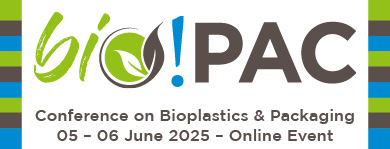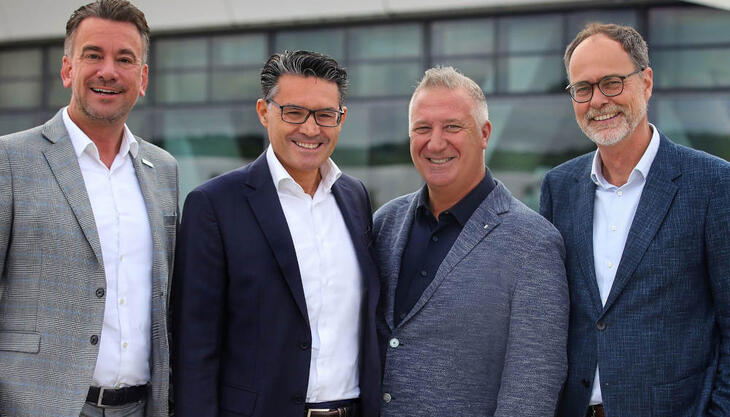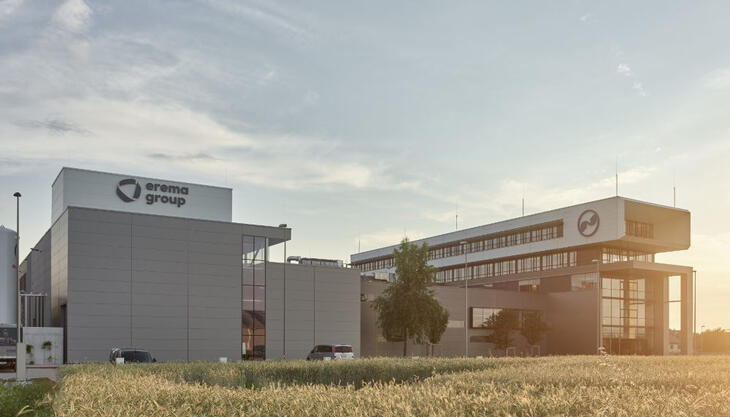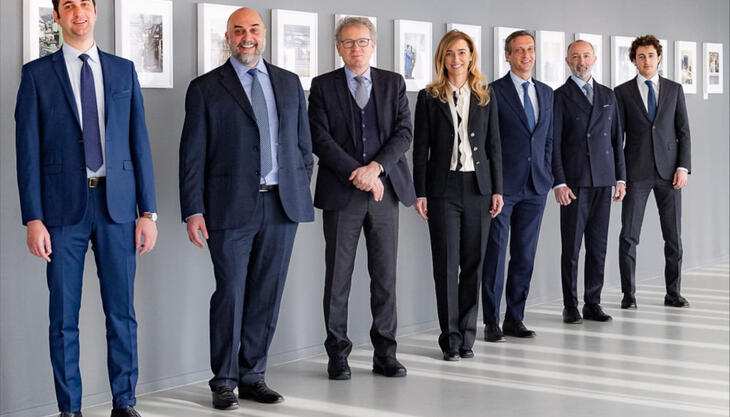Basf reporting on the 2020 business year
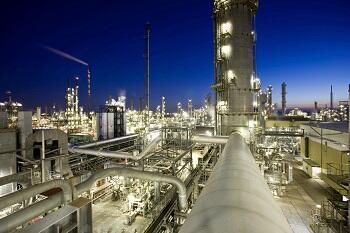
“In a challenging 2020 business year, Basf was able to close out the year on a strong note,” said Basf’s Chairman of the Board of Executive Directors, Martin Brudermüller, at the presentation of the Basf Report 2020. Income from operations (Ebit) before special items for the full year 2020 exceeded the company’s forecast released in October and beat the analysts’ consensus. Basf had therefore released its preliminary figures already on January 20, 2021.
“We increased volumes in all regions in the fourth quarter of 2020,” said Brudermüller. “In Greater China, we continued to see double-digit volumes growth. Sales volumes rose in almost all segments in the final quarter of the year,” he added. For some commodity product lines, such as isocyanates, Basf was also able to significantly expand margins. Lower fixed costs also contributed to the good result in the fourth quarter of 2020.
Sales and earnings development in fourth quarter 2020
Sales in the fourth quarter of 2020 increased by 8 percent to 15.9 billion euros. Volumes were up by 7 percent. Prices also increased by 7 percent, driven mainly by the Surface Technologies, Agricultural Solutions and Materials segments. Portfolio effects contributed 1 percent and resulted from the acquisition of the polyamide business from Solvay. Currency effects had a negative impact of 7 percent on sales.
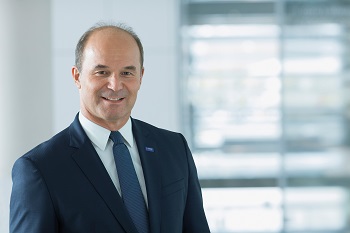
Ebitda before special items rose by 15 percent in the fourth quarter to 2.1 billion euros. Ebitda amounted to 2.0 billion euros, compared with 1.6 billion euros in the fourth quarter of 2019. Ebit before special items rose in the fourth quarter by 32 percent to 1.1 billion euros. This increase was primarily due to significantly higher earnings in the Materials, Chemicals and Industrial Solutions segments. This more than offset lower contributions from the other segments as well as from Other. Special items in Ebit amounted to minus 181 million euros, as compared with minus 263 million euros in the fourth quarter of 2019. Ebit in the fourth quarter of 2020 rose by 61 percent to 932 million euros.
Sales and earnings development in 2020
Sales of 59.1 billion euros in the full year 2020 were almost stable. Negative currency and volume effects were nearly offset by higher prices and positive portfolio effects.
Ebitda before special items was 7.4 billion euros, down by 11 percent versus the prior-year level. Ebitda came in at 6.5 billion euros, compared with 8.2 billion euros in 2019. Ebit before special items was €3.6 billion in the full year 2020, down by 23 percent compared with the previous year. Owing to the effects of the pandemic, all segments posted lower earnings - with one exception: The Industrial Solutions segment achieved Ebit before special items on a level with the year 2019. The earnings decline at the Basf Group level was attributable in particular to significantly lower contributions from the upstream businesses in the Chemicals and Materials segments. The sharp drop in demand from the automotive industry especially weighed on earnings development in the Surface Technologies segment.
Ebit decreased from 4.2 billion euros in 2019 to minus 191 million euros in 2020. Overall, special items in Ebit amounted to minus 3.8 billion euros, compared with minus 442 million euros in 2019. This increase in special charges mainly resulted from non-cash-effective impairments of property, plant and equipment and intangible assets in the third quarter of 2020.
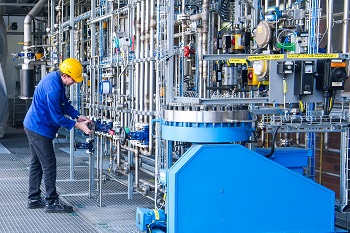
Outlook for 2021
Basf expects the global economy to recover in 2021 after the sharp downturn resulting from the coronavirus pandemic. However, uncertainty about future developments remains exceptionally high. The company’s forecast therefore includes wide ranges to account for the risk of renewed significant disruptions to global supply chains and the associated negative effects on the entire economy. Brudermüller: “However, we are confident that without such negative impacts, we will be able to achieve earnings at the upper end of the forecast range.”
Basf’s forecast assumes growth in customer industries, especially the automotive industry. The global economy should see significant growth of 4.3% compared with 2020. Global chemical production is expected to expand by 4.4%, well above the prior-year level. Based on these assumptions, Basf aims to increase its sales to between 61 billion euros and 64 billion euros.
Brudermüller also gave a preview of future investments. For the period from 2021 to 2025, Basf has planned capital expenditures totaling 22.9 billion euros. The Asia Pacific region will account for 41 percent of the investments and Europe will account for 39 percent. Basf is planning investments of 3.6 billion euros overall in 2021.











